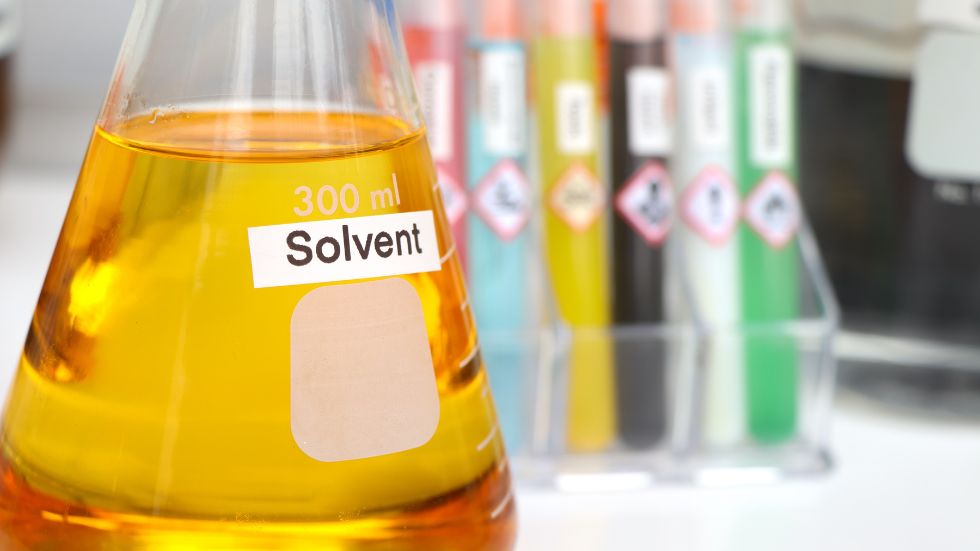Many companies rely on solvents for cleaning, manufacturing, or other processes, and managing these chemicals is a significant operational consideration. Traditionally, businesses would dispose of used solvents (often at high financial and environmental costs). However, a shift toward sustainable practices makes solvent recycling more attractive. For deeper insight, learn why solvent recycling is better than solvent disposal.
Reduces Waste and Environmental Impact
Solvent disposal includes more than getting rid of used chemicals; you have to understand the repercussions. Improper disposal of solvents can harm the environment by contaminating water, soil, and air.
Recycling solvents diminishes this risk by not introducing them into the ecosystem as pollutants. It turns the linear process of usage and disposal into a circular one, where businesses clean and reuse solvents repeatedly.
Yields Significant Cost Savings
From a business perspective, solvent recycling is better than solvent disposal because it yields significant cost savings. Purchasing new solvents is an expensive ongoing cost for any operation. By investing in solvent recovery equipment, business owners can clean and reuse solvents rather than continuously buying new ones.
Over time, business owners can reallocate the savings from reduced solvent purchases, like toward expansion efforts.
Enhances Sustainability Practices
Consumers, employees, and investors evaluate companies based on their environmental stewardship. Using solvent recovery equipment demonstrates a clear commitment to sustainability. By prioritizing recycling over disposal, business owners and managers can improve sustainability practices, align themselves with the values of their stakeholders, and set a positive example in their respective industries.
Ensures Compliance With Environmental Regulations
Disposing of solvents can be a regulatory minefield. For example, non-compliance with RCRA (Resource Conservation and Recovery Act) hazardous waste regulations can result in significant consequences, like expensive fines. Fortunately, recycling solvents reduces the amount of hazardous waste a company produces and demonstrates a commitment to responsible waste management practices.

